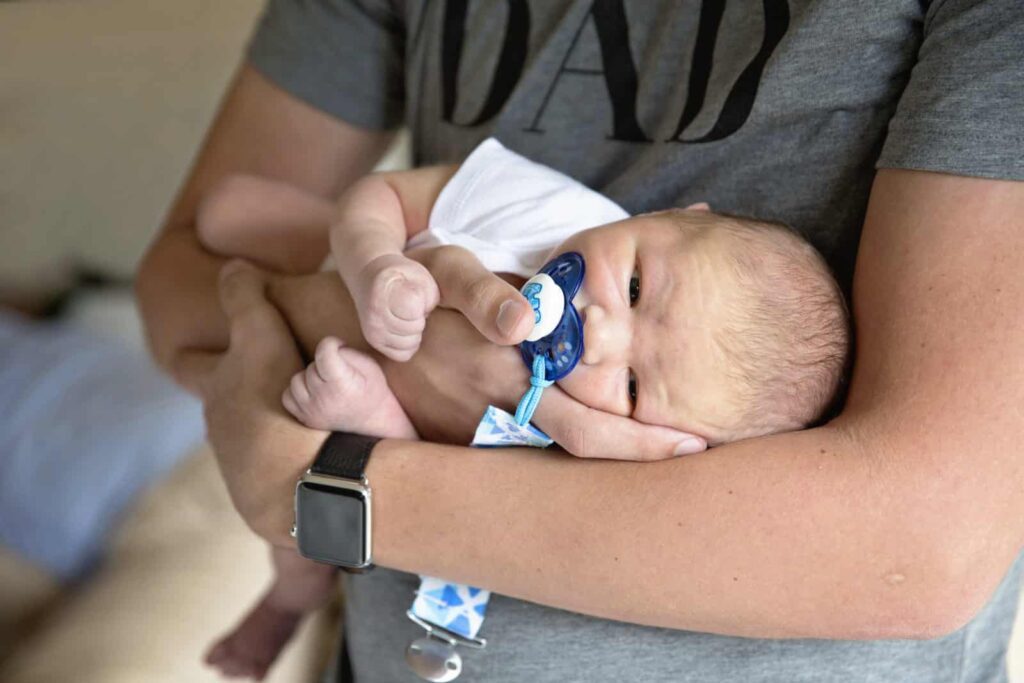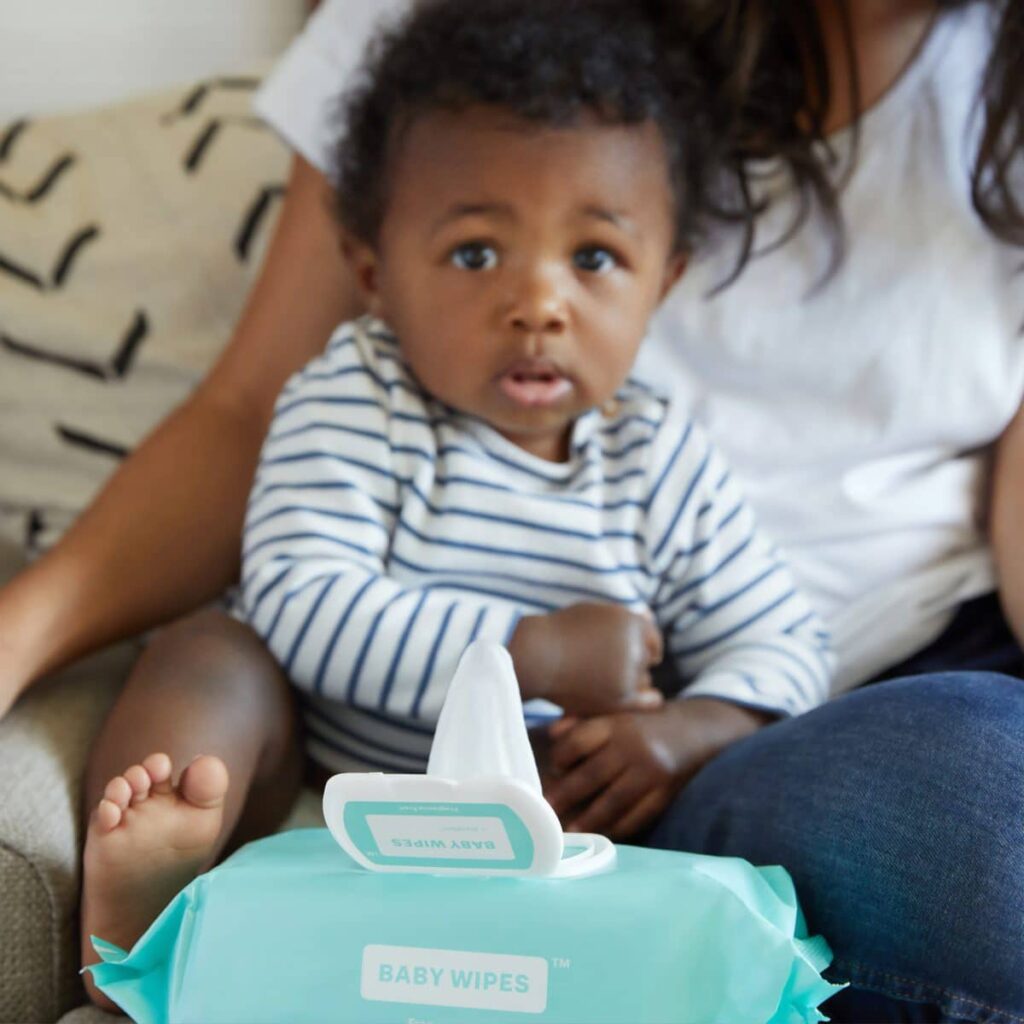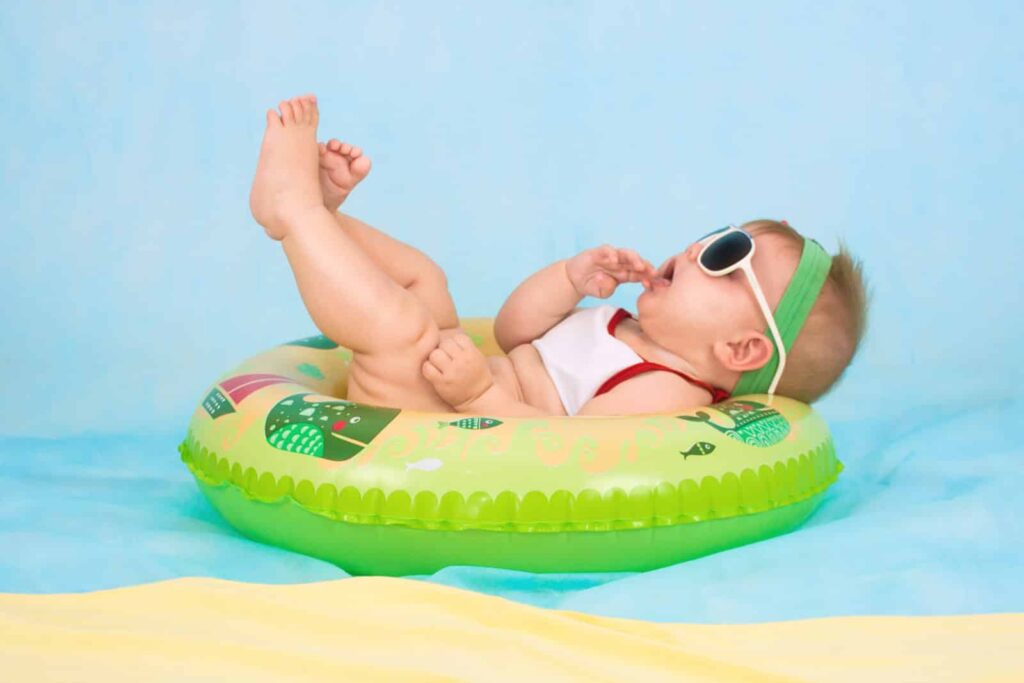When is the right time to introduce water to your baby? Is it ok to give your baby water before six months? If you have had a baby in the house, the above questions may have crisscrossed your mind.
Table Of Contents
−- Best time to give your baby water
- Why is water not recommended for babies younger than 6 months?
- Is it ok to dilute the baby’s formula with water?
- What about if your baby is sick?
- What about other drinks?
- When to introduce water
- Benefits of giving your baby water
- Signs of dehydration in babies
- What to do if your baby becomes dehydrated?
Generally, it is best not to give your baby water before 6 months, even on warm and hot days. Until then, all nutritional needs, including hydration for healthy development, must come from breast milk or formula. And not just water; avoid giving them pretty anything beyond formula or breast milk.

Best time to give your baby water

Once your baby is six months, it is ok to start giving him sips of water. However, make sure you don’t overdo it. Too much water will make his tummy ache and reduce his appetite. The other time to give your baby sips of water is immediately after he starts eating solid food. Most babies begin to eat solid food once they turn six months.
Why is water not recommended for babies younger than 6 months?
It is common knowledge not to give babies water before 6 months. But why is this recommended?
- Water interferes with a baby’s nutrition needs: Additional water fills up the small bellies interfering with the baby’s ability to absorb nutrients from breast milk or formula. This can result in malnutrition.
- Curbs the desire to feed: Your baby’s tummy will feel full. This interferes with the feeding pattern of your baby.
- It can result in water intoxication, which happens when excess water dilutes the concentration of sodium in the body resulting in electrolyte imbalance. This condition can cause seizures and even coma.
- Babies’ kidneys can’t handle water until they’re six months old. Your baby’s kidney is still immature to filter water correctly. This means your baby will be susceptible to water intoxication.
Is it ok to dilute the baby’s formula with water?
Always follow the directions given on the package and add the recommended amount of water. Adding too much water results in your baby absorbing fewer nutrients. This can also increase the risk of water intoxication.
What about if your baby is sick?

You might be tempted to give your baby sips of water when he is not feeling well. If tempted and still under 6 months, breastfeed or formula-feed. If your baby is older than 6 months, continue to breastfeed or bottle-feed. It is also fine to give water in between the feeds.
What about other drinks?
It is not recommended for babies under 12 months old to take fruit juice and other soft drinks. Be patient; your baby will soon be old enough to drink them.
When to introduce water
The best practice is to start slowly and adjust the volume of water as your baby learns to process water. It is recommended to give your baby about 2 to 4 ounces per day. Never use water as a meal replacement.
Benefits of giving your baby water

Once your baby is six months and above, water will benefit him in the following ways:
- Maintain blood volume
- Eliminate the need for providing other liquids, such as fruit juice
- Help transport nutrients and oxygen to cells
- Help remove waste from the cells
Signs of dehydration in babies
Here are signs that indicate your baby may be dehydrated:
- Cracked lips
- Listlessness
- Extreme fussiness
- Unusual sleepiness
- Fewer than six wet diapers in 24 hours
- Tearless crying
- Cold hands and feet
- Sunken eyes
- Dark yellow urine
- Dry skin that doesn’t bounce back when gently pressed
What to do if your baby becomes dehydrated?
Your baby can be dehydrated even before six months. If that happens, consider consulting a doctor. In most cases, the doctor will advise you to give an electrolyte drink like Infalyte or Pedialyte.

Jay
Jay is a health and wellness enthusiast with expertise in water quality and nutrition. As a knowledgeable advocate for holistic well-being, Jay successfully manages Type 2 Diabetes through informed lifestyle choices. Committed to sharing reliable and authoritative insights, Jay combines firsthand experience with a passion for enhancing health."
